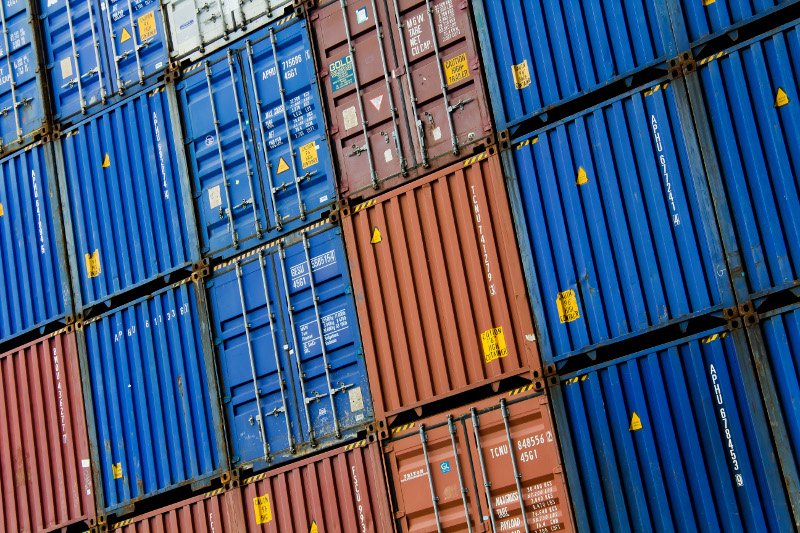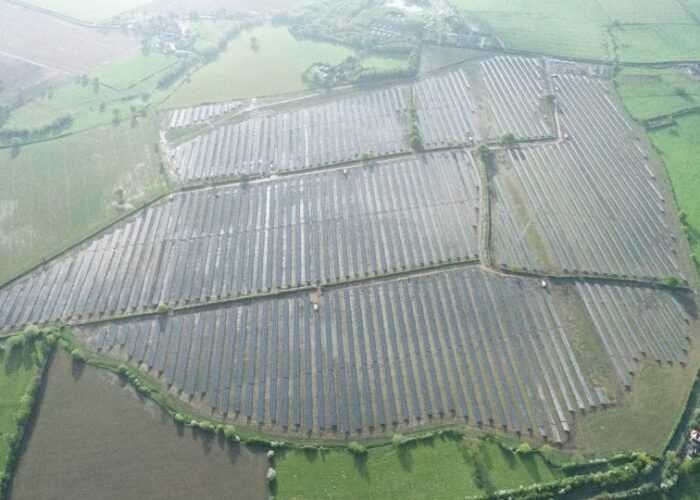
The US International Trade Commission has recommended that the Section 201 safeguard tariffs on solar cells and modules be extended.
In a bulletin issued by the ITC, the commission said relief for domestic solar manufacturers in the US continues to be necessary.
Unlock unlimited access for 12 whole months of distinctive global analysis
Photovoltaics International is now included.
- Regular insight and analysis of the industry’s biggest developments
- In-depth interviews with the industry’s leading figures
- Unlimited digital access to the PV Tech Power journal catalogue
- Unlimited digital access to the Photovoltaics International journal catalogue
- Access to more than 1,000 technical papers
- Discounts on Solar Media’s portfolio of events, in-person and virtual
Or continue reading this article for free
The recommendation now sits with US President Joe Biden, who will make a final decision on the future of the tariffs after they expire in February next year.
All five commissioners on the panel voted unanimously in favour of extending the tariffs.
The commission will now forward its full report to the President by 8 December with a public report, including its findings, to also be published on 29 December 2021.
The verdict comes three weeks after the ITC began deliberations following evidence hearings attended by both those in favour and against the tariffs’ extension.
The tariffs, enacted by then-President Donald Trump, have been in place since January 2018 and currently impose an import tariff of 15% on crystalline silicon solar cells and modules. The tariffs have not been without their controversy, with an exemption for bifacial panels only recently reinserted after a decision by the US Court of International Trade last week.
In a statement issued today, Abigail Ross Hopper, chief executive at trade body the Solar Energy Industries Association (SEIA), said the tariffs had proven to be an “ineffective way to incentivise solar manufacturing” and lamented the impact on solar jobs in the US.
“SEIA remains committed to growing domestic manufacturing, but tariffs aren’t the answer. It’s time to enact real industrial policy, like Senator Ossoff’s Solar Energy Manufacturing for America Act, to foster and grow the solar manufacturing sector here at home.
“We are urging President Biden to take a different approach from the previous administration and reject these tariffs. With sensible trade policy and the enactment of Build Back Better legislation, the solar industry will be well positioned to maximise deployment and create a domestic manufacturing supply chain to meet historic demand for clean energy,” Hopper said.
George Hershman, CEO at US-based developer and O&M provider SOLV Energy, said the decision stood to create more barriers to solar deployment in the US and would lead to higher costs for consumers.
“President Biden must end all unnecessary tariffs on the solar industry, work with Congress to support a long-term manufacturing policy for the solar supply chain, and lead America toward a clean energy future. I urge him to reject these outdated Trump-era tariffs, once and for all,” he said.







